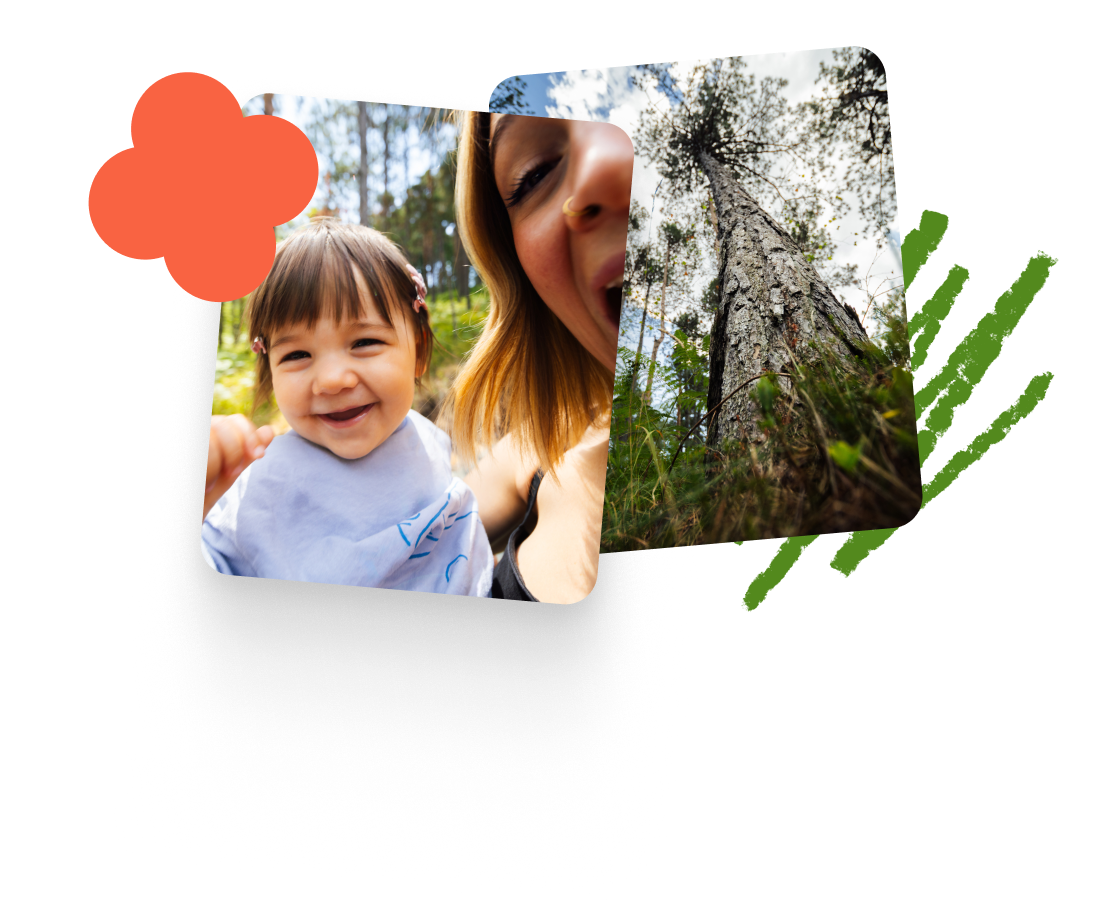
is now part of
Joy Parenting Club!
Families and care organisations using Heba will now have the option to also join Joy. For any questions, reach out to us at hello@heba.care

Families and care organisations using Heba will now have the option to also join Joy. For any questions, reach out to us at hello@heba.care

April 13, 2024
… also, do we have to do all of that therapy homework? A paediatric physiotherapist weighs in on what makes for a successful therapist-family relationship.
They say it takes a village to raise a child. And if that child has complex needs, that village needs some serious, allied-health swagger. We could be talking physiotherapists, occupational therapists, speech and language therapists, dietitians, osteopaths, music therapists, podiatrists, art therapists… in any combination, or the whole, helpful bunch.
Nicholas Kondakis is an Australian-born, Buckinghamshire-based paediatric physiotherapist who found his calling during a work-experience stint in a children’s charity clinic in Vietnam. Nowadays, Nicholas’s mobile therapy practice,Nick-Nack Physio, sees him working with families in their homes.
Here, he shares some of his experiences and advice around building a solid, supportive squad of allied health experts – an A-team – around families.
Therapists like you are among the first professionals we meet after discovering our child isn't following a ‘typical’ trajectory. How do you approach families who are new to the space and only just starting to navigate their child’s disability or difference?
Empathy, empathy, empathy. As well as working in the disability sector, I’ve worked on children’s cancer wards. I have had many conversations with families only hours after they’ve been given life-changing news. You must be able to put yourself in that family’s shoes, or at least try. Sometimes that means taking your physio hat off, just listening and letting them know you’re going to be there to help them along this complicated journey.
What advice do you have for parents who want to connect with the right therapists for their family and build an A-team around their kid?
It’s a working relationship between the family and therapist. The relationship won’t work unless there’s a connection. It may not happen right away and that’s okay. One time, a parent sent me a video of their kid laughing for the first time. That was a lovely gesture and our relationship improved after that. Of course, not everyone might feel comfortable sharing stuff like that, but that gesture was like the family saying ‘hey, you’re in our circle and we trust you’.
This will of course be subjective, but generally speaking, what are some signs of an A-team-worthy therapist that parents can look out for?
Good A-team members think big picture. Instead of putting together an exercise program, they look at how they can change your lifestyle for the better to achieve goals. For example, one of my favourite things to do is get siblings involved in the child’s physio activities.
A-team therapists should also be good team players. When you see collaborative working between your child’s A-team members, that’s always a good sign.
And one last thing - transparency. Good A-team therapists will constantly send updates, regardless of how important it is.
What would you suggest a parent do if they’re not happy with the way that their child’s therapy is going?
This is a tricky one, but a conversation needs to be had. It might be a communication breakdown between family and therapist. Maybe your therapist is wanting to improve one thing, when your priority is something completely different. It’s happened to me before and when you’re not on the same page as the family, it makes it hard. Talk to them. Good therapists who love what they do will be receptive to feedback.
On a more personal level, what would you suggest a parent do if they’re not vibing with their child’s therapist?
Repeat the step above – have a discussion – but set clear targets with hard timeframes and deadlines. Make yourself and the therapist accountable. Set a goal to be achieved, work your backside off to achieve it, and if the therapist hasn’t played their part, then you have been vindicated. If the therapist is right for you, they will step up for your child and be receptive to feedback.

Parents of kids with complex needs get a heck of a lot of therapy homework and, often, it feels like we’re not doing enough. What advice do you have here?
It’s like trying to eat healthy ALL the time. You can’t, you need cheat days. Families also need to enjoy their time together and make lasting memories.
I personally try and drip-feed exercises slowly. We might start with only one or two minutes of exercise a week. That way, there’s a sense of achievement and an appetite to build on for the future. There’s plenty of time, so start small, conquer, and then move on.
Finally, what kind of impact can A-team therapists make on the experience of families?
Often, when a child is diagnosed, the next thing a parent is told is “Your child will never…”. A-team therapists can turn that never into a possibility. Maybe not always, but I’ve seen it happen.
A few years back, some colleagues and I worked with a child diagnosed with Angelman syndrome. After a few years, the child could walk with their hand held. That was pretty special to be part of.
Anything else you’d like to add?
The joy and unconditional appreciation families and kids show their A-team is why we get out of bed every day. These kids and families have changed my life more than I’ve changed theirs.
Find out more about Nick-Nack Physio via Nick’s website, Instagram and Facebook accounts.
Let’s clear out the complexities of care. Try Heba for free here.